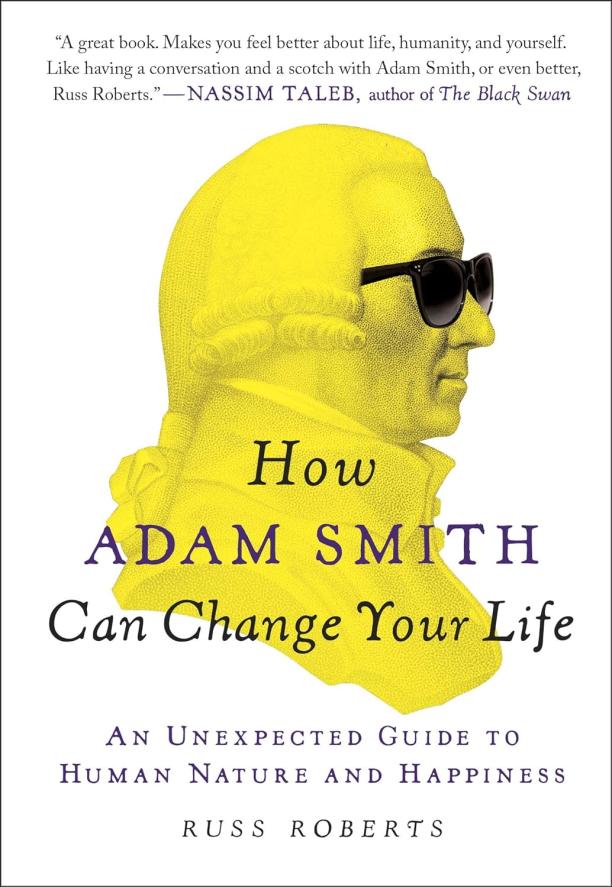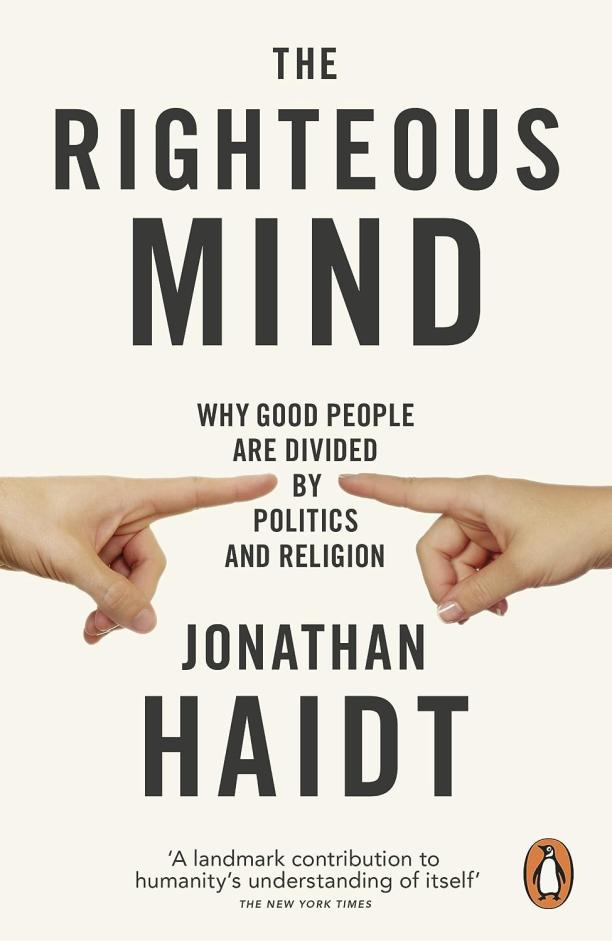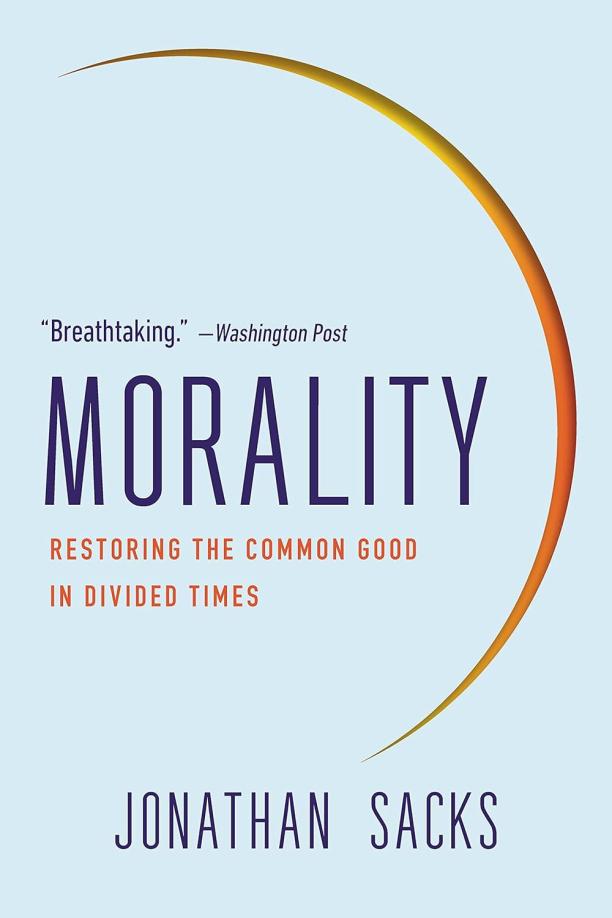Summary:
The book explores the nature of ethical judgments, arguing that moral feelings stem from sympathy, and it examines the role of virtue, the importance of propriety, and the ways in which individuals strive for self-betterment. Smith delves into the psychological underpinnings of behavior, suggesting that conscience arises from social interactions and the desire for mutual respect.
Key points:
1. Sympathy as Moral Basis: Adam Smith believes our ability to empathize forms our moral judgments. We view others' actions as right if we can relate to their situation.
Books similar to "The Theory of Moral Sentiments ":

The Theory of Moral Sentiments
Adam Smith

How Adam Smith Can Change Your Life
Russell D. Roberts

Adam Smith
Nicholas Phillipson

Out of Character
David DeSteno|Piercarlo Valdesolo

The Wealth of Nations (Unabridged and Illustrated)
Adam Smith

The Science of Good and Evil
Michael Shermer

The Righteous Mind
Jonathan Haidt

Capitalism
Ayn Rand|Nathaniel Branden|Alan Greenspan|Robert Hessen

Moral Tribes
Joshua Greene

Morality
Jonathan Sacks
